
Mini load cells, which are compact but powerful sensors, are essential in weight measurement applications. We'll examine their operating concepts, practical applications, and important factors in this post.
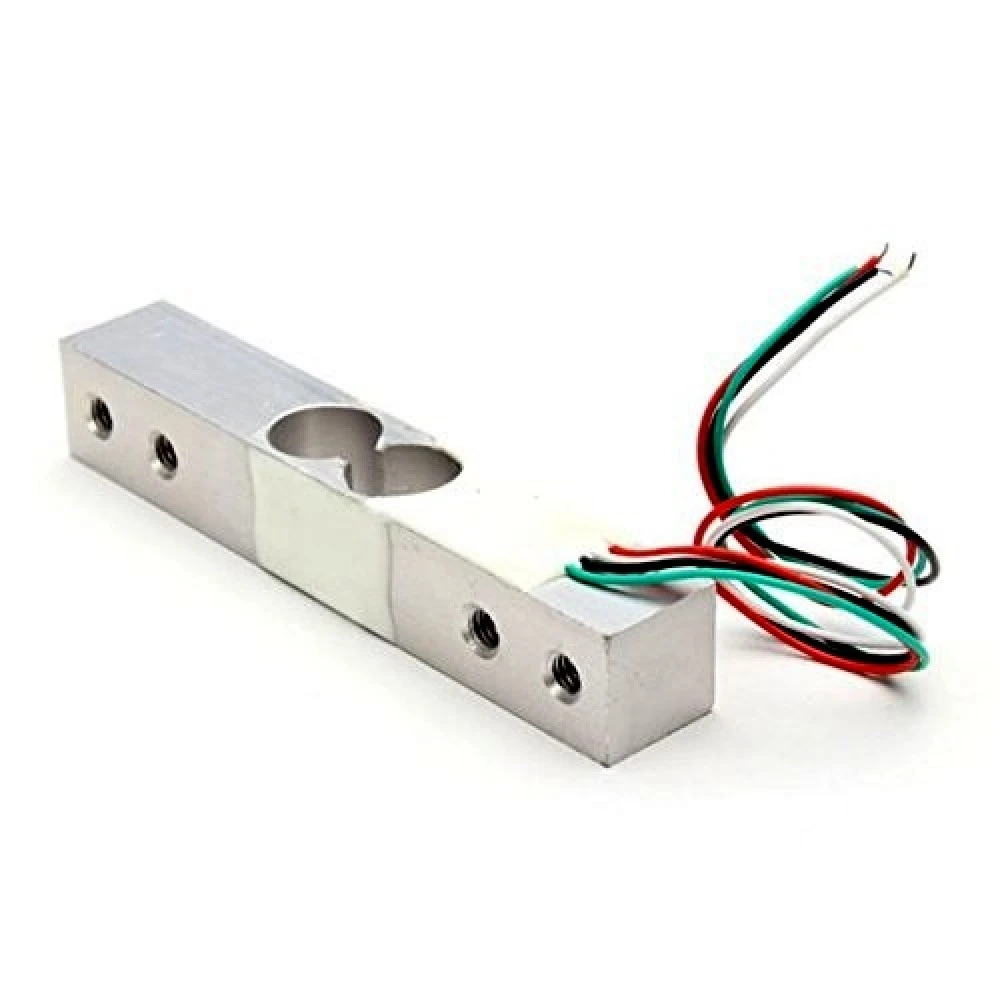
Key Points:
1. Mini Load Cells: The Compact Powerhouses
- Mini load cells are scaled-down versions of regular load cells made for confined spaces and precise weight measuring.
- The way they work is based on the idea of deformation under load, which strain gauges then translate into an electrical signal.
2. Versatile Applications and Advantages:
- These tiny marvels are used in a variety of compact devices, including kitchen scales, luggage scales, and small industrial machinery.
- They give accurate weight measurements despite their small size, which makes them indispensable in many applications.
- Low power consumption and great precision are two benefits that mini load cells provide, assuring repeatable, dependable results.
3. Maintenance and Longevity:
- Keeping mini load cells clean and protected is essential for long-term reliability. Dust and debris can affect their accuracy.
- Regular maintenance checks can help identify issues early and prevent costly repairs or replacements.
Conclusion:
Mini load cells, these small yet powerful weight sensors, have a significant impact in compact and precise weight measurement applications. Understanding their fundamentals and careful consideration of their working environment will help you unlock precision in various devices, demonstrating that size doesn't compromise accuracy.

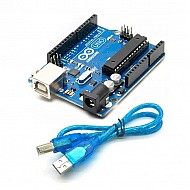
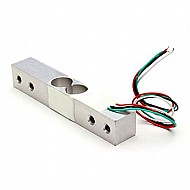
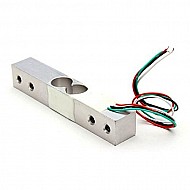
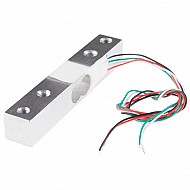

Leave a Comment